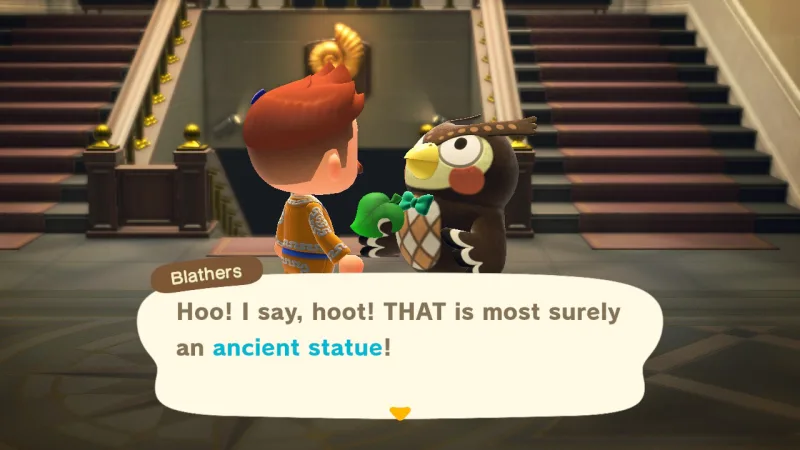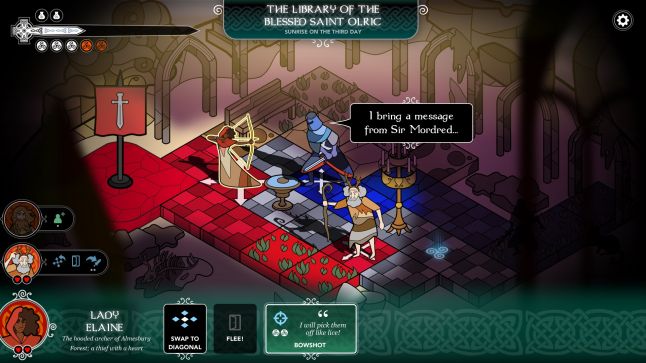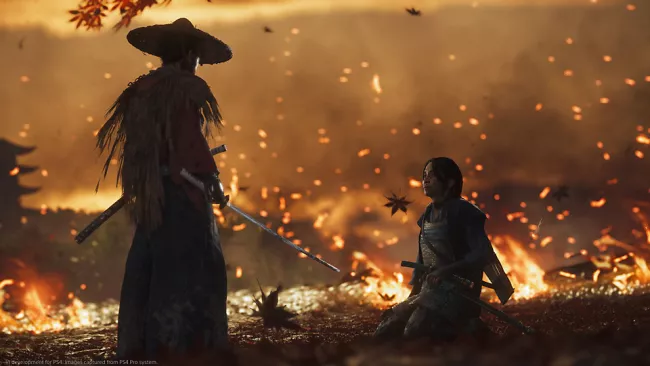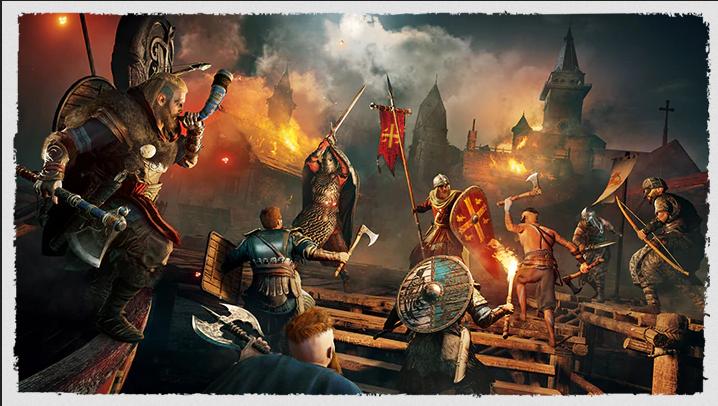In this weeks bulletin, we discuss the museums in Animal Crossing, the side activities in the first Assassins Creed, games on persistance, the excavation of a 1700 year old Board Game, the PS4 swansong Ghost of Tsushima, narrative game Pendragon and how Assassins Creed has failed the conflict at its own core!
What do museum experts think of Animal Crossing’s museum?
Chase Carter of Kotaku wondered exactly that when playing AC. So he invited some experts over to talk about the museum in AC, about how it represents modern-day practices of the museums and how it glosses over some pretty substantiated criticisms of modern museums. However, the conclusion is not all bad weather, as the experts hope that players would stay mindful of their exhibitions, and might even look to AC as an example of modern-day change in museums! Read the whole feature here!

How Assassin’s Creed’s side activities were added in five days
Can you remember playing the first Assassin’s Creed game? If yes, can you remember some of the side activities in the game? Well, a good chunk of the smaller activities in the game were added in only five days! Charles Randall worked as a programmer on the game, and with 4 or 5 other people (he can’t remember) worked day and night to add some bug-free missions, as the game was to be burned on disc and shipped. In a Twitter-thread he relives this experience, or at least as much as he can remember. To quote Randall: ‘I really don’t remember a god damn thing about being in that room. for all I know I died in there and this is hell. or purgatory. I don’t remember entering it or leaving it. I know I was in it’. Read the whole thread here or below, or read this summary over at Kotaku!
4 games on persistance
What will guide us through hardship and uncertainty. Well, if we must believe former US President Calvin Coolidge, it’s persistence. Kat Brewster of Rock Paper Shotgun believes the same due to her father’s love for the 30th President. In her fathers (and the presidents) honor, she compiled a list of games where persistance is key. Read the list here!

1700-year-old board game found in Norwegian Burial Mound
In April, archaeologists of the University Museum of Bergen found remains of a board game whilst excavating a small Roman Iron Age (AD 1 – 400) in Ytre Fosse, Western Norway. They found some pots, a bronze pin, burnt glass, 18 gaming pieces and a elongated dice. The dice shares similarities with the dices found in the Vimose weapon-offering site in Denmark. The finding of the pieces in Ytre Fosse will undoubtedly contribute to research into gaming in this period. Read more on the find here!
How does Pendragon work?
A while ago, we mentioned the new game Pendragon by inkle, the creators of 80 Days. The game has developed a bit more since then. John Ingold, the narrative director of inkle, wrote a feature on Gamasutra on how the game works, and how it uses narrative. The narrative in the game is not tied to a conservation engine, but is tied to procedurally-generated elements, which is quite interesting and new! Read Ingolds blog here!

You can play Ghost of Tsushima for five days without seeing the ending
Or at least, that is what the developers of the game claim. Gerald Lynch of TechRadar had a talk with Jason Connell, creative director of the game. According to Conell the devs wanted to make a game grounded in human emotion, tied to the island. The long feature goes on about the historical and natural elements in the game, and how they’re connected to the island it takes place on, and the overarching story. Ghost of Tushima is also the swansong of the PS4, with the PS5 set to release somewhere in the near future. Closing off with Lynch’s words: ‘[…] it’ll hopefully be a fittingly epic conclusion to a monumental chapter in PlayStation history.’ Read his whole feature here!

How Assassin’s Creed has failed its best idea
We all know the conflict at the base of the Assassin’s Creed games: Templars versus Assassins. The conflict is the driving force of the game, and the main justification for the numerous assassinations by hidden blade. Well, according to Robin Valentine of PC Gamer the series has failed this conflict. Valentine argues that the conflict between the two sides is never really developed well after the first game: the bad stuff always happens because of the Templars, the good stuff happens because of the Assassins. The sneaky-stabby game could do better according to Valentine. Will this change with Valhalla? Or will we be plundering Wessex just because Alfred the Great is actually a Templar? Read Valentine’s piece here, and make your own conclusions!

